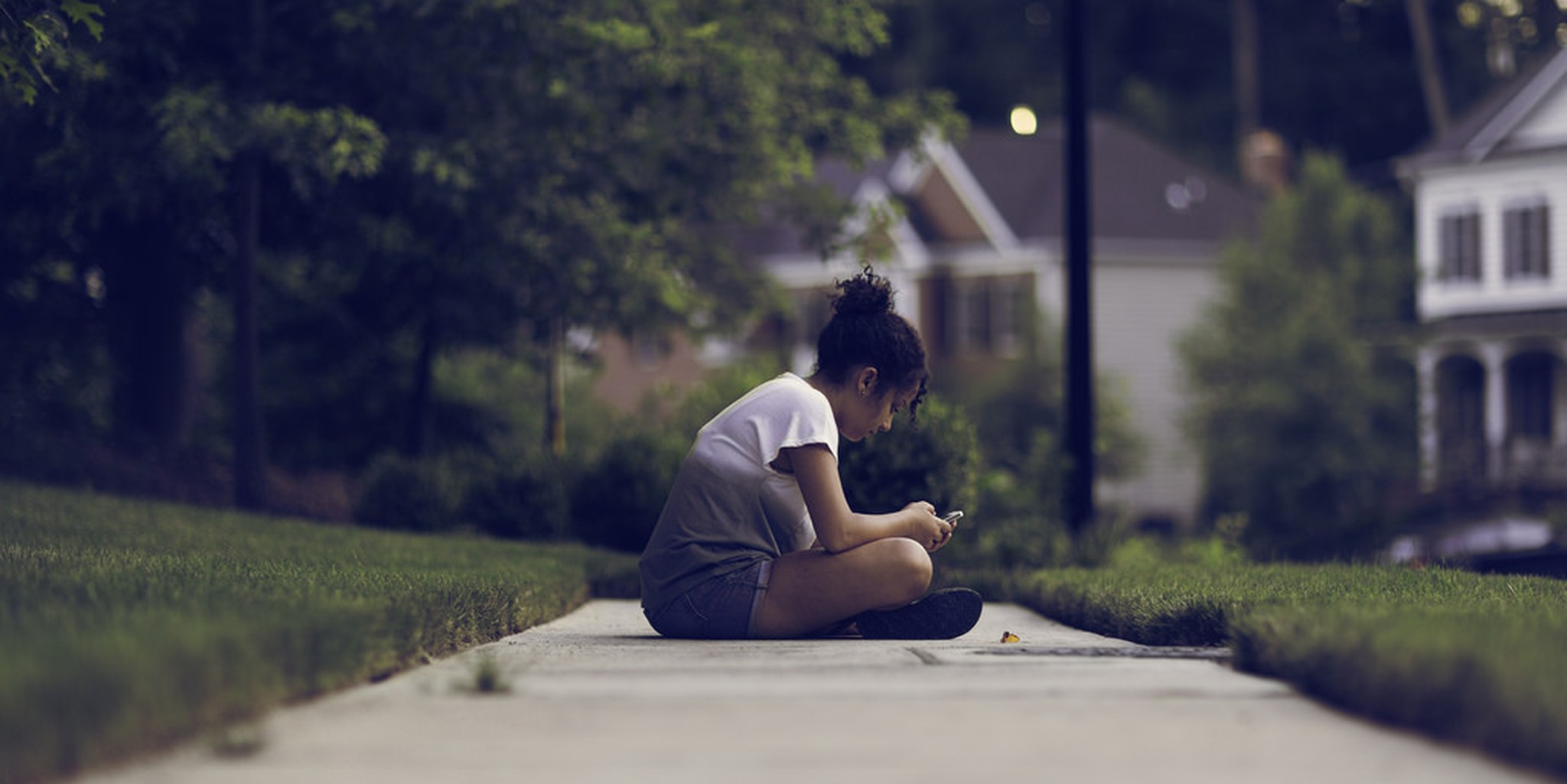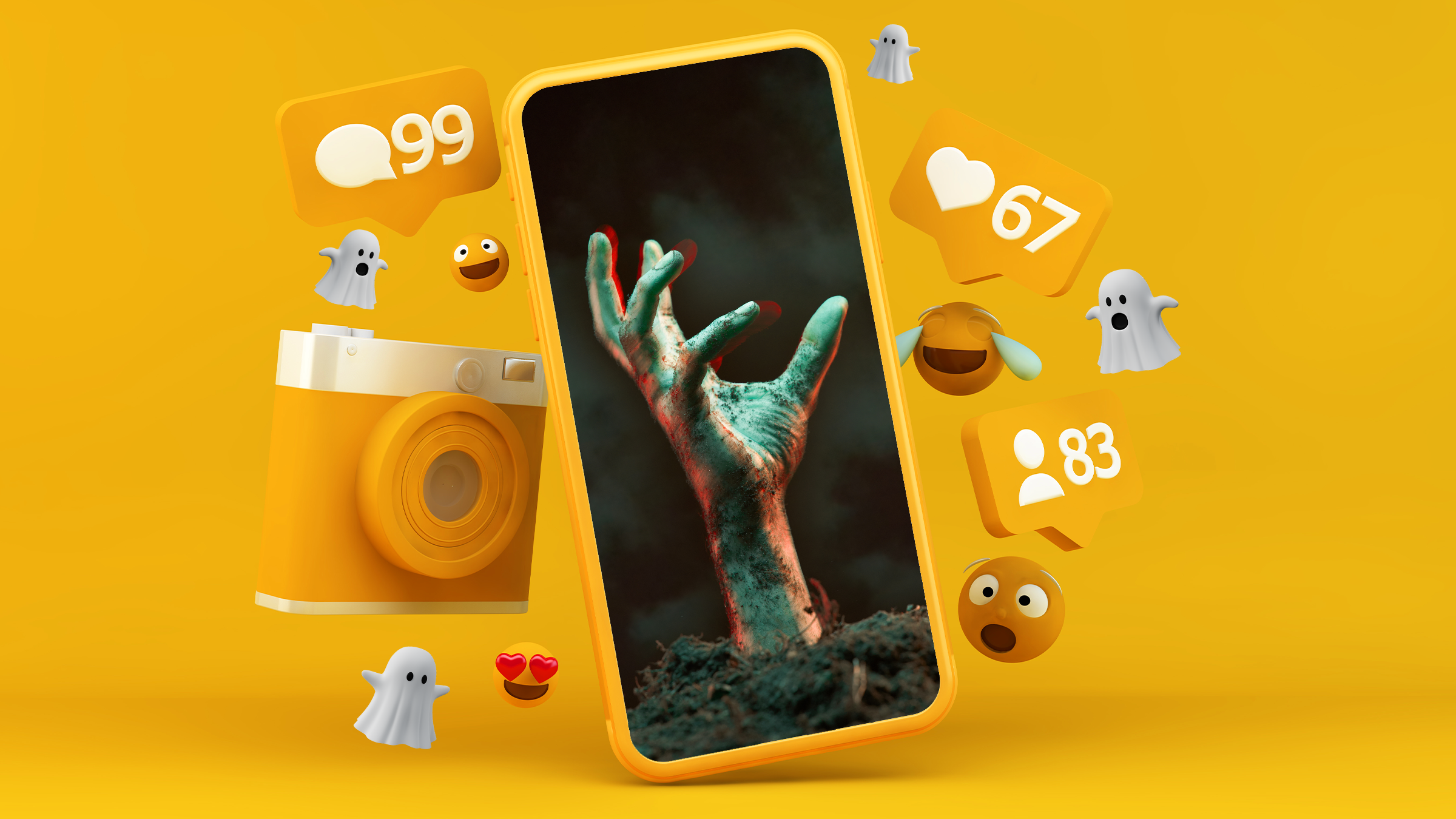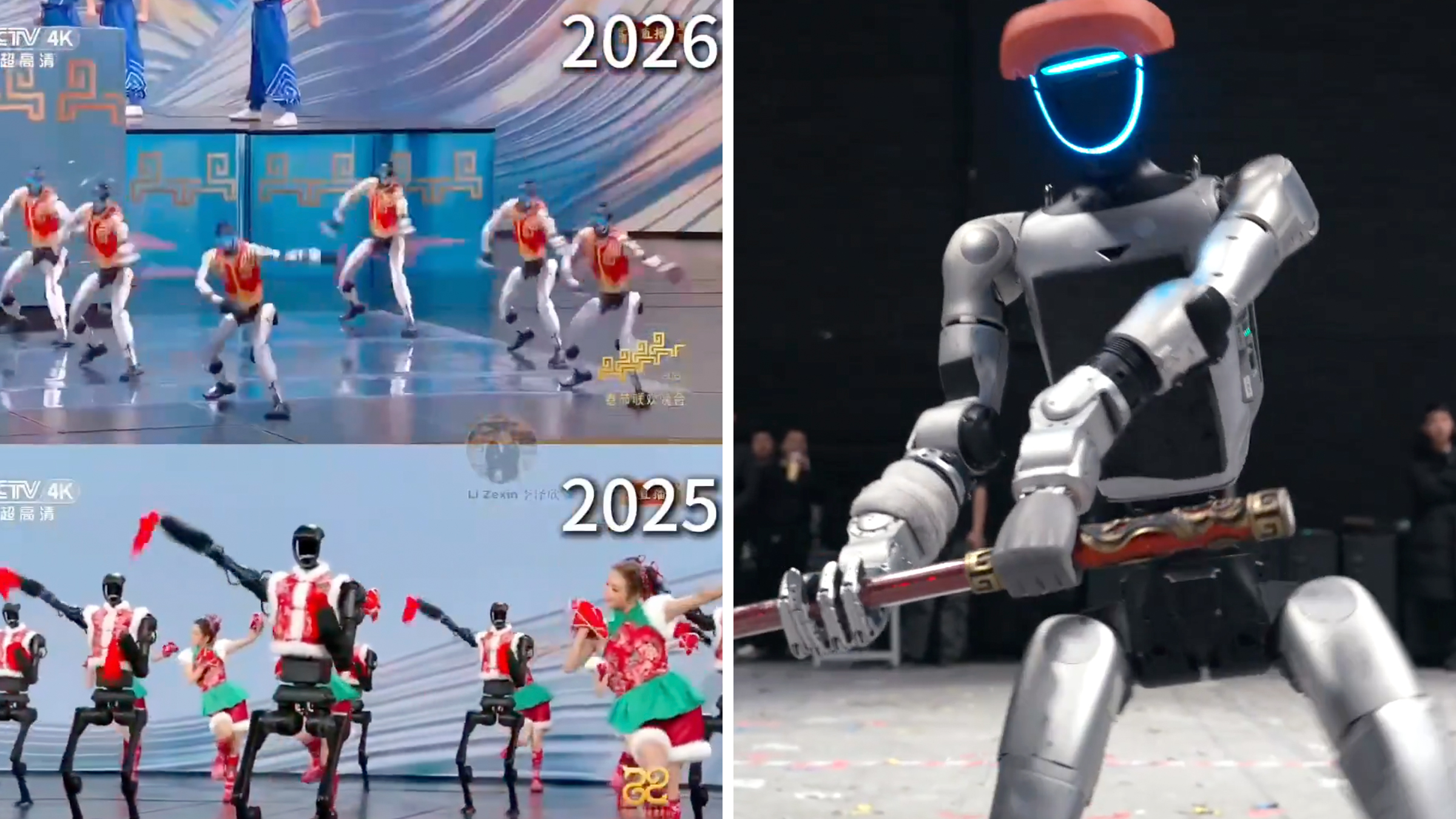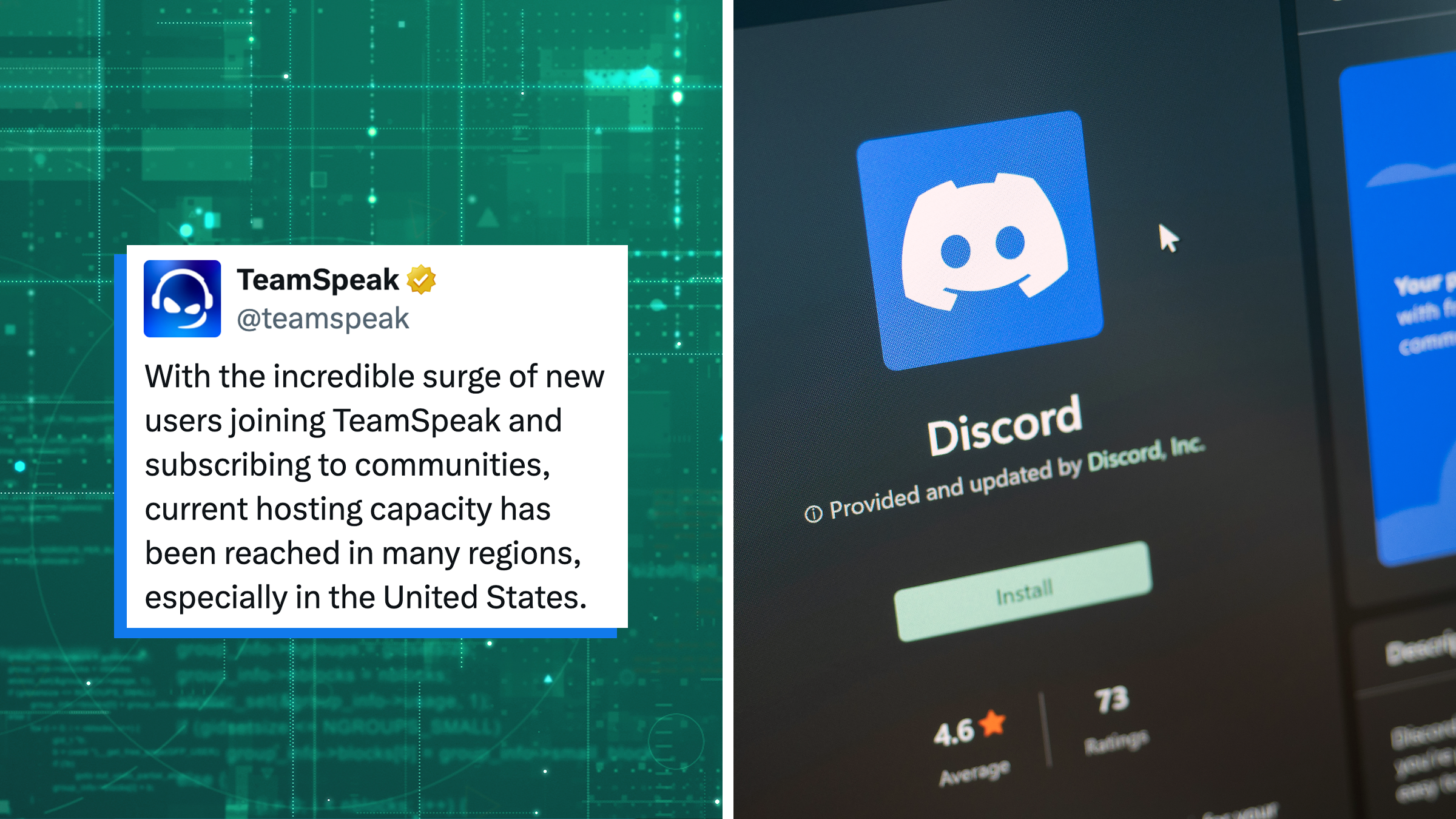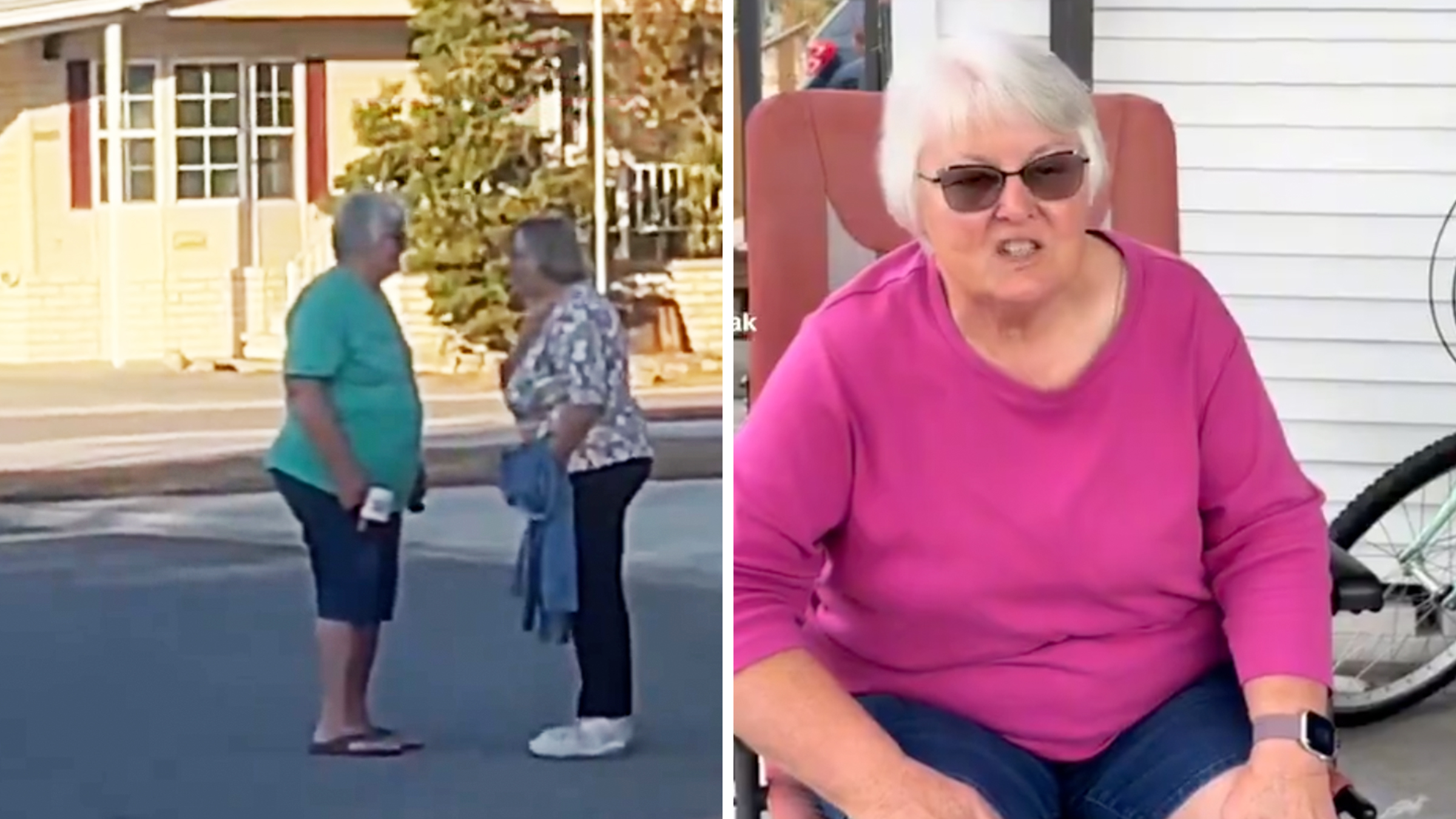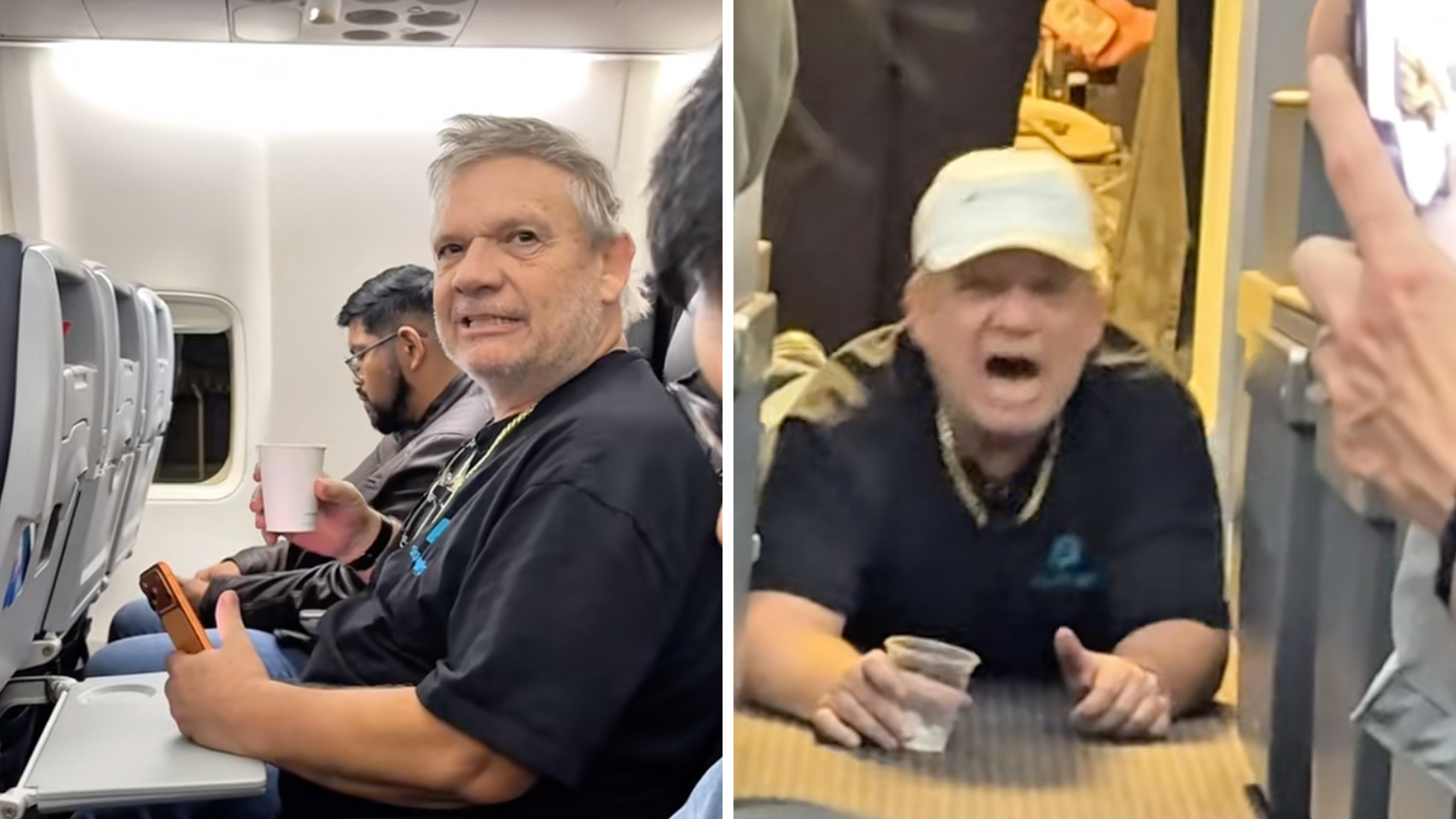If you have never heard of asexuality, I don’t blame you. The “A” in LGBTQIA is often mistaken for “ally,” a letter for all the straight allies to feel like they are part of the queer community, and once upon a time, it was an identity I used to pride myself in.
But as the information age grew, so did I, and so did my feelings, my sense of self, and my identity. By age 20, I could label my sexuality for what it was—asexual, a person who has no sexual feelings or desires.
In the three years since then, I’ve learned a few things: Coming out as asexual is not a momentous occasion. It won’t make headlines in its radicalness, and I won’t be seen as “brave” for embracing my new identity. However, this label has given me a new filter in how I perceive the world, especially in terms of dating.
Having grown up with strict parents, I am a novice when it comes to dating in general, but that doesn't mean I don't want companionship and mutual attraction from a partner. However, in a heteronormative culture that is steeped with the belief that sex is a crucial part of all relationships, what are my chances of finding someone that would understand that I don't have a sex drive?
Sexuality aside, there are other factors about my identity that cause people to form an immediate opinion of me. Although I’m Bangladeshi, many people assume that I am Indian, and I’m often seen as “exotic” due to my skin tone. As someone who's read as “other” on dating apps, there was a connotation that I would be sexually promiscuous, further commodifying my body for male fantasies. However, this created a really confusing paradox—if I am hypersexualized because of my gender and race, would I be seen as desexualized because I’m asexual?
"In a heteronormative culture that is steeped with the belief that sex is a crucial part of all relationships, what were the chances of me finding someone that would understand that I don't have a sex drive?"
This is part of why I was hesitant to even try dating apps. But with a friend’s encouragement, I signed up for a few. I was curious to see if a match was possible.
The app that I was most drawn to was OkCupid. Unlike the others, it listed “asexuality” as an option under sexuality. Over the next four months, I had interactions of all kinds. Here are the general categories most of them fell under.
1) Ignorance
These stung the most. Guys messaged me with something along the lines of “You’re asexual? Then why are you on this app?” This only reinforced what I believed about sex being seen as the most important thing in relationships. These men could not fathom why I would be on the app if I didn’t want sex.
When it came to interactions like these, it quickly became too exhausting to explain that I was still open to a romantic relationship. I either didn’t bother to reply, or I gave a snarky answer along the lines of “There’s more to dating than sex.”
2) Curiosity and confusion
Sometimes people compared my sexual orientation to celibacy. I understood why some are confused, because on the surface they may look similar. In cases like these, I explained the difference with one line: Celibacy is a choice; my sexual orientation is not. It is a natural instinct, a feeling that is as much part of me as the hair on my head. Sometimes they followed up with the question “Does this mean you only date other asexuals?” which is easy enough for me to answer (“no”). However, one user asked me the sticky question of “What if your partner is sexual and they need sex once in awhile?” It led me to question whether, in making sure my partner was satisfied, I would need to consider having an open or polyamorous relationship.
Another part of me wondered if I would get cheated on, because even though my partner might be understanding, their feelings toward being in a relationship with me (which would involve no sex) might change. These questions made me want to re-evaluate my own boundaries with dating, which is ultimately a good thing, but at certain times, it reminds me how isolating being an asexual can be.
3) Reasonable questions about marriage and children
Another kind of response I got was “What about marriage?” This typically came from slightly older men. From a young age, I have never given much thought to marriage. I don’t have a wedding Pinterest board, and I don’t see that in my future for the next five years. So I told these guys: Even if I was married in the distant future, my partner would have to understand that there would be no sex and I don’t want kids. If they can’t respect that, then I wouldn’t even consider them as a partner.
4) Aggression
And then there were the overly aggressive men, who were oh-so-confident in their sexuality and saw my mine as a conquest, my “no” as a loophole to “yes,” and my attitude as something their machismo could challenge. I have had users absolutely convinced that their genitalia was the cure to my asexuality, that I was “too tight,” and therefore that’s why I never got any as an asexual.
These users often asked me for more personal things like my Snapchat name and demanded I give them pictures of my full body (Note: My profile only has three pictures, waist up). These kind of messages were the most dehumanizing of all, because of all the things I posted on my profile, the only thing they focused on was my sexual orientation—which they saw as a joke.
While the four months I spent on OkCupid were mostly unsuccessful, there was one user who identified as demisexual, a suborientation under asexuality, who messaged me with just wanting to be friends (I replied but never heard back). There were others who took the time to get to know me and don’t see me being asexual as a big deal. There was a potential match with someone of the same age, in my same city, who understood my sexuality. I met them once but, for other reasons, it didn't work out. I also didn’t take the initiative to message anyone but rather let myself be pursued this first time out, because it felt important that I had the control to accept or reject their advances.
And yet despite all this, I haven't given up. I’m still on the app. I’m waiting to be surprised by someone can acknowledge my asexuality but doesn’t see it as an obstacle.
Hridi Das is an interdisciplinary Bangladeshi-Canadian millennial who is in denial that she is technically a legit adult. When she isn’t figuring out her future, she can be found teaching herself something new every day.
